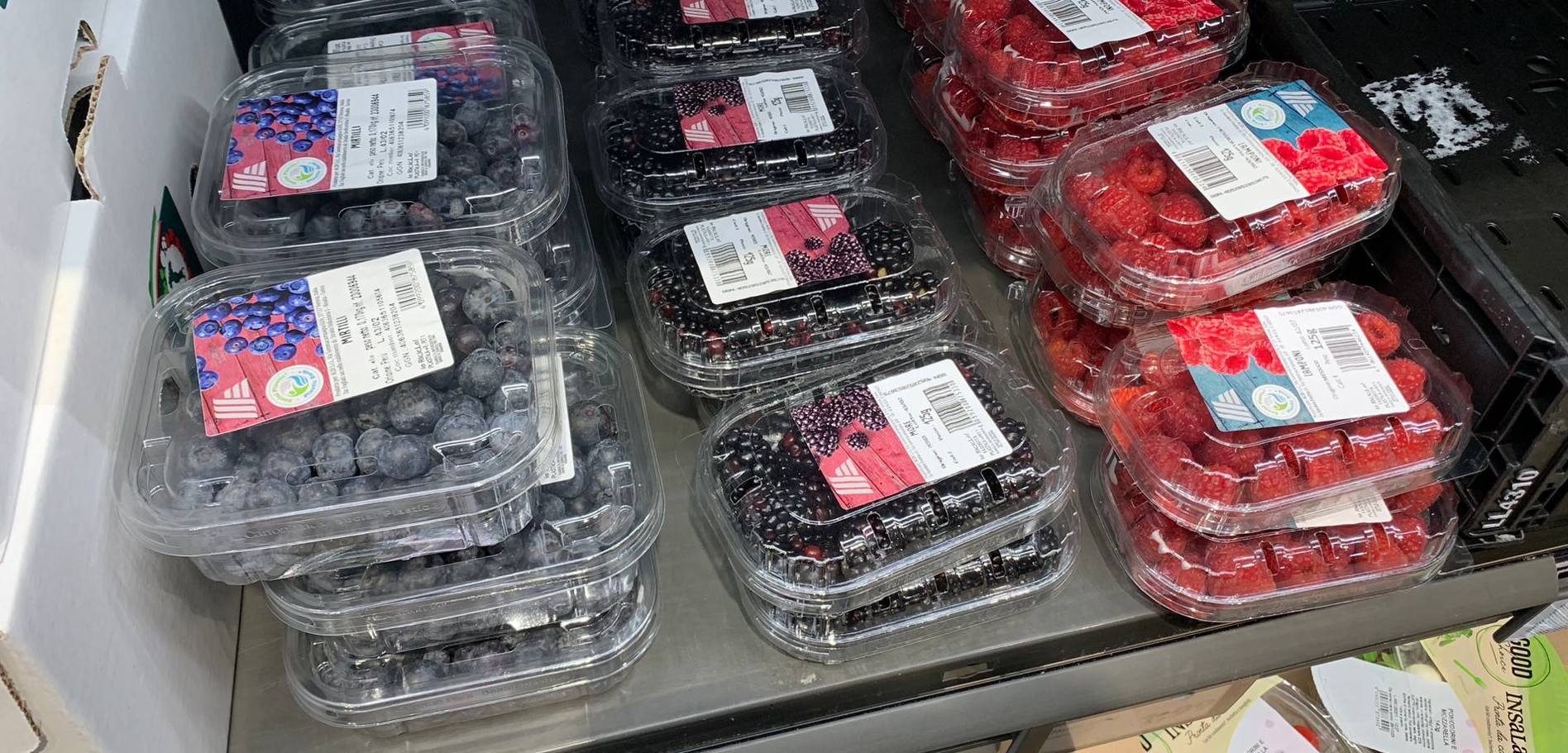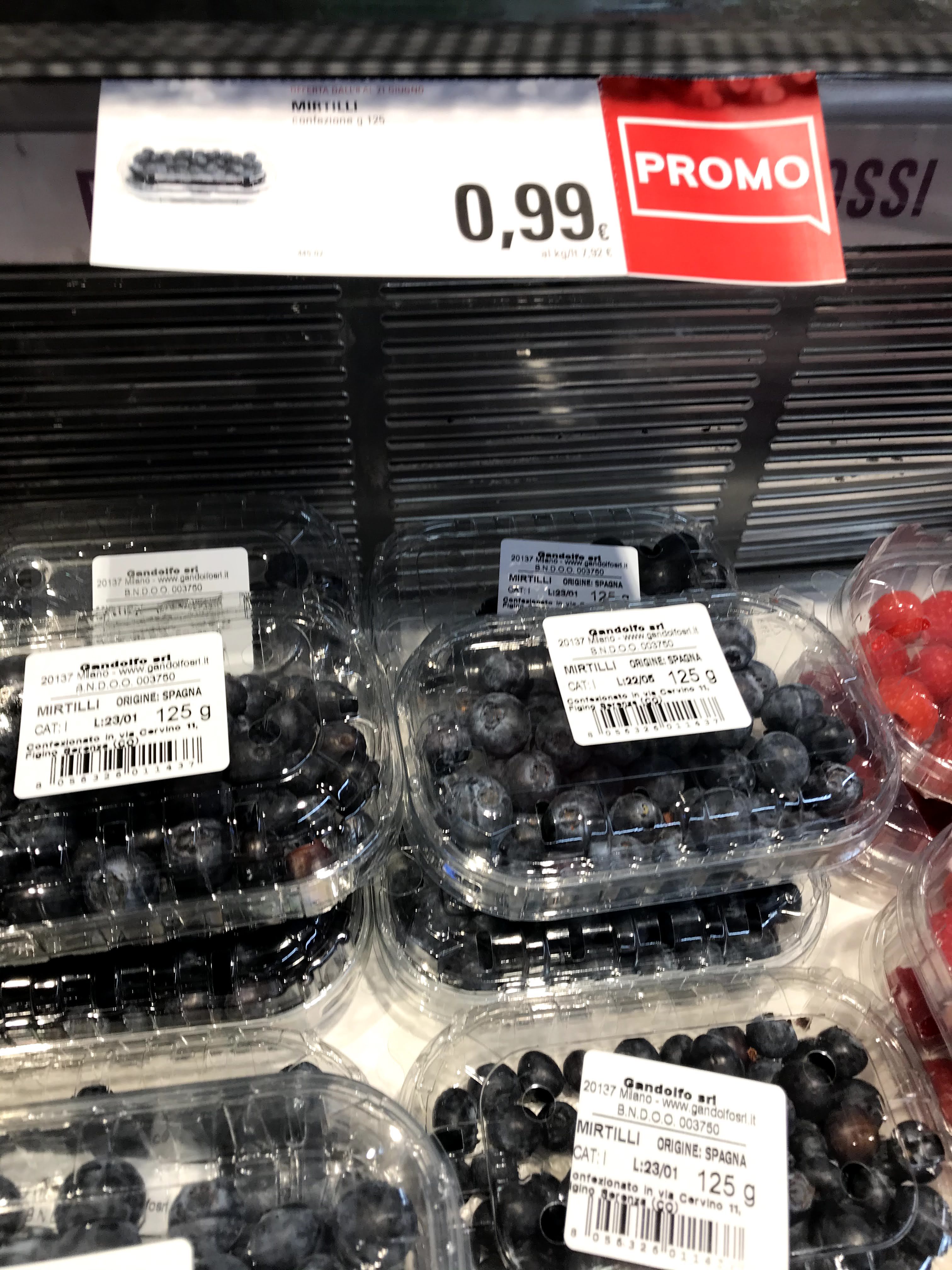The late season and port strike combine to disrupt normal exports of blueberries from South Africa.
The South African Exporters Association of blueberries Berries ZA said the livelihood of 30,000 workers is threatened by the dock workers' strike that began yesterday (Oct. 6). As a result of the strike, the South African Ports Authority has declared force majeure at all ports in the country.
This is a further blow to producers and exporters of blueberries, already struggling with the effects of a late season. For this reason, the peak marketing season will move to November and December instead of September-October.

Berries ZA President Justin Mudge said the association has written to key national ministers and the Transnet executive to demand "urgent and vigorous action" on the strike.
SOUTH AFRICA, STRIKES AND DELAYS AT PORTS
"The indefinite strike is occurring during the peak of the berry export season, which means that even one day of non-operation of the ports will have a significant ripple effect on the entire berries value chain," Mudge explained. "This will put at risk the 30,000 livelihoods that depend on the industry and the millions of rands derived from exports."
The industry has already been severely affected by ongoing operational problems at the country's ports due to outdated and out-of-service infrastructure, inefficient systems and staff shortages.
"Delays in shipments, due to poor port performance, have affected the quality of berries reaching international markets, causing product rejection rates by receiving customers to skyrocket to an unprecedented quarter of a billion rand last year," Mudge confirmed.
News sources were informed that the berry industry spent the last week in Madrid reassuring customers that it would keep its commitments.
"This greatly damages South Africa's image as a reliable supplier to world markets," Mudge added, adding that the problems have been compounded by soaring input costs, including rising fertilizer and fuel prices and soaring freight rates.
As a result, more than one-third of local berry production is currently unprofitable, meaning that their survival and the livelihoods they support are severely threatened." The latest strike could be the final nail in the coffin for berry growers, filling a critical gap in the labor sector as their harvest season runs from September to November, before the start of the stone fruit and table grape harvest season."
For the industry, this further setback comes at a time when the country is still expected to ship about 25,000 tons of fruit, a record volume. Berries ZA also noted that the industry's growth is set to continue in the future, reaching 50,000 tons by 2030.
The association said Transnet has been in talks with industry over the past three days regarding negotiations with the United National Transport Union (UNTU) and the South African Transport and Allied Workers' Union (SATAWU), reassuring that the situation is under control.
However, the UNTU and SATAWU's decision to go on strike and Transnet's declaration of force majeure clearly demonstrate that the port authority is not in control of the situation, inexplicably providing no indication of when the current impasse will end or detailing contingency plans.
Problems with berries exports do not bode well for the start of the new stone fruit season, scheduled for October, and the upcoming table grape season. Both industries have suffered from logistical problems at the country's ports, and further instability is clearly not what they would like.
Source:Fruitnet
Fruitnet is part of the NCX Media network.







